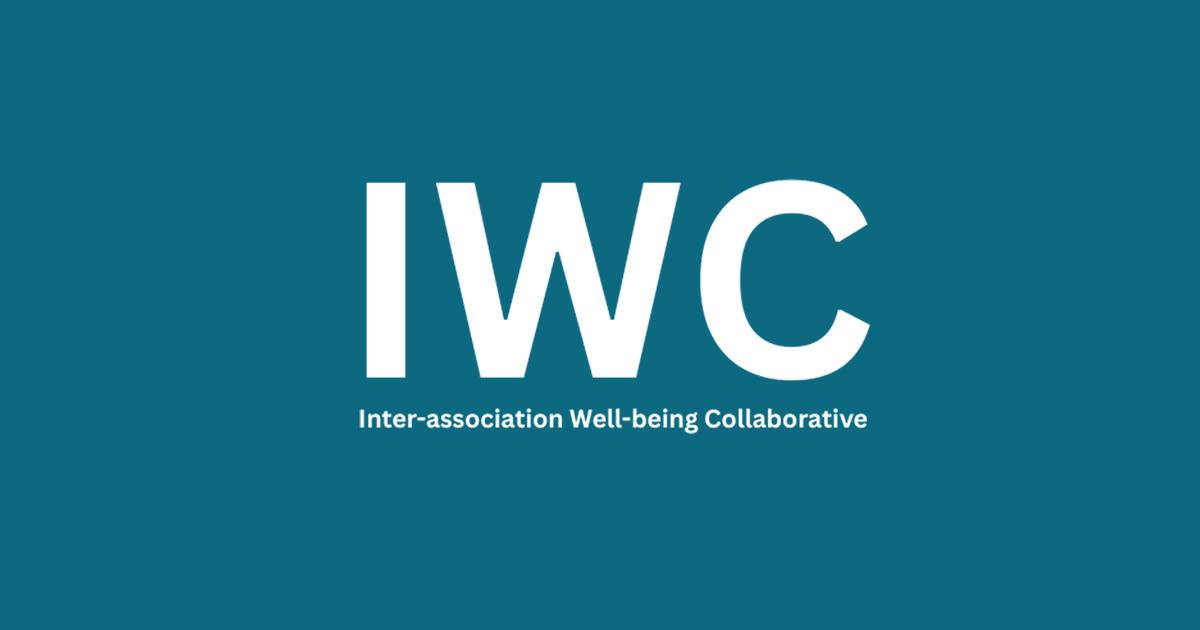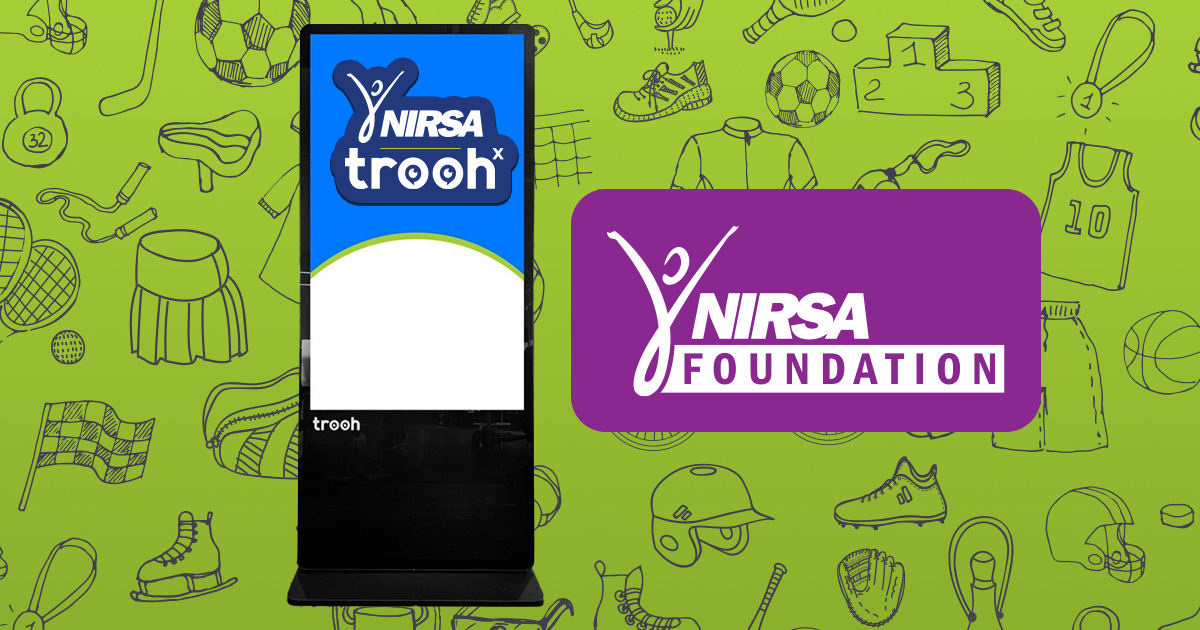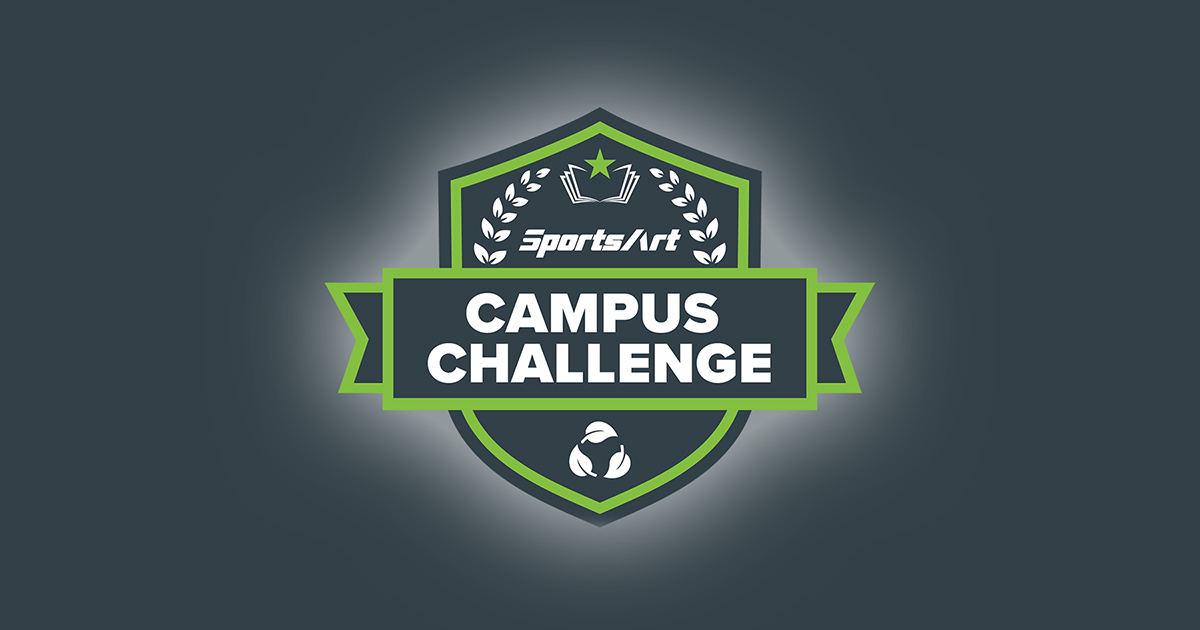The stories of concussion-related tragedies are becoming all too familiar. Rowan Stringer was only 17 years old when she died after suffering two concussions within a week while playing rugby. In game #1, Rowan was tackled and shortly after complained of a headache. During game #2, an opposing player stepped hard on her head and her headaches returned. She told no one. She even Googled “concussions” but likely didn’t read much of what she found—or the information didn’t sink in.
Although she was not feeling well prior to game #3, she was determined to play. She had texted her friend the night before “Nothing can stop me! Unless I’m dead.” During game #3 she sustained her final concussion and died a few days later.
Preventable? Almost definitely.
What was missing? Two key things: concussion awareness and concussion education. So many players are totally unaware of what concussions are, and just how dangerous they can be if not treated properly. And there is a lack of education—especially with coaches and staff—regarding how to recognize a possible concussion and what to do about it.
So what’s the point of this story?
The field of campus recreation is not immune to concussions. Concussions can happen just about anywhere: in intramurals events, sport club games, and even during pick-up recreation activities like basketball. Analysis of recent data retrieved from SportRisk’s Best Practices Program has revealed the following facts about concussions in campus recreation departments across North America:
- For sport club programs, only 44% of schools surveyed have concussion protocols in place
- For intramural programs, only 25% of schools surveyed have concussion protocols in place
- Sport club staff are required to have concussion training in 32% of schools, but the figure for intramurals staff is only 25%
Those are some big gaps in concussion awareness and education.
So what do you need to do?
Put quite simply, your campus recreation department needs to develop a concussion protocol which incorporates the key components of awareness and education. It then needs to roll out an action plan for how this protocol is to be implemented. The most recent Risk Management Newsletter for Campus Recreation has some great resources to help you with this!
Want to find out how you compare to other schools on concussion management as well as a host of other risk management issues? Visit the Best Practices page of the SportRisk website for more information about discovering best practices in managing risk in collegiate recreation programs and to see how you compare against other schools.
Ian McGregor, PhD, is currently the President of Ian McGregor & Associates.







